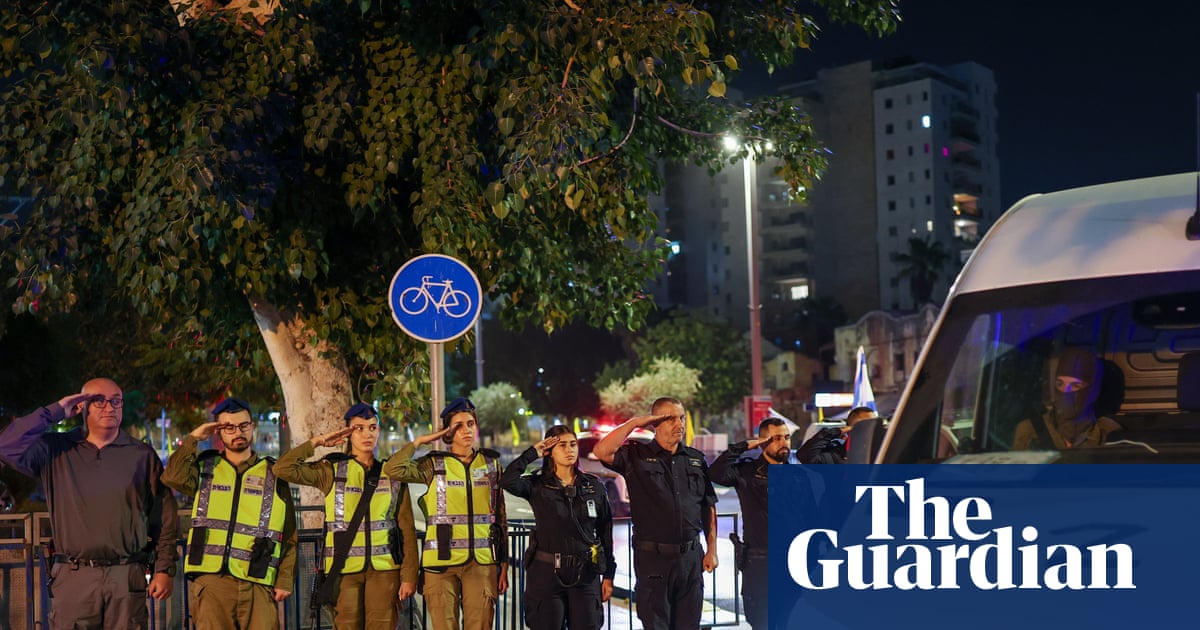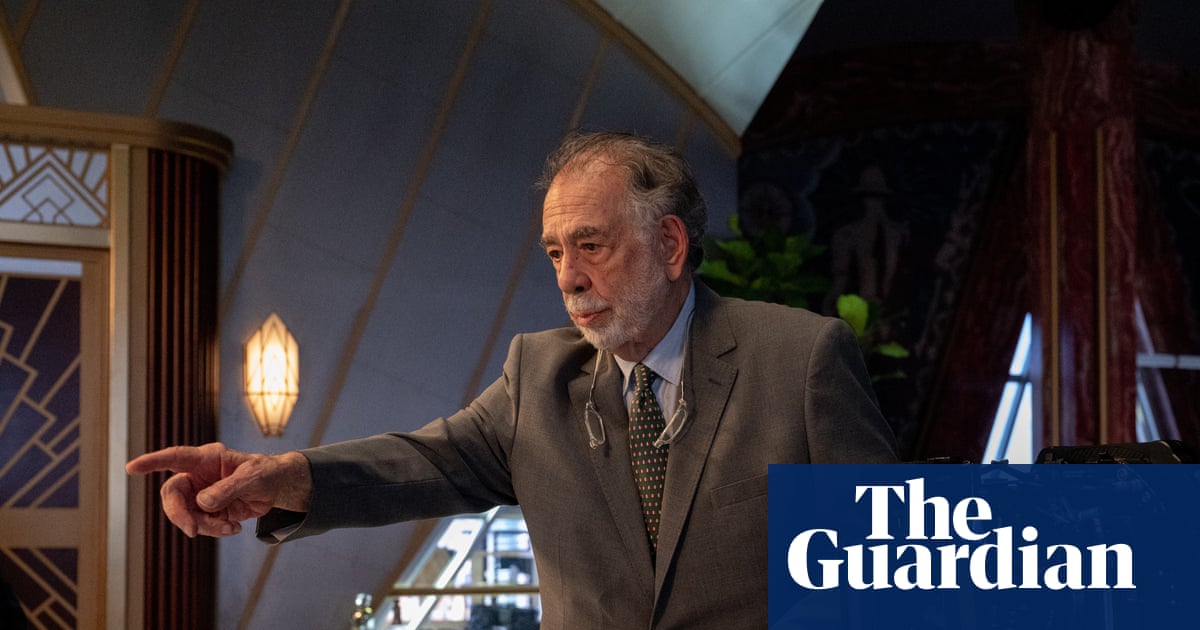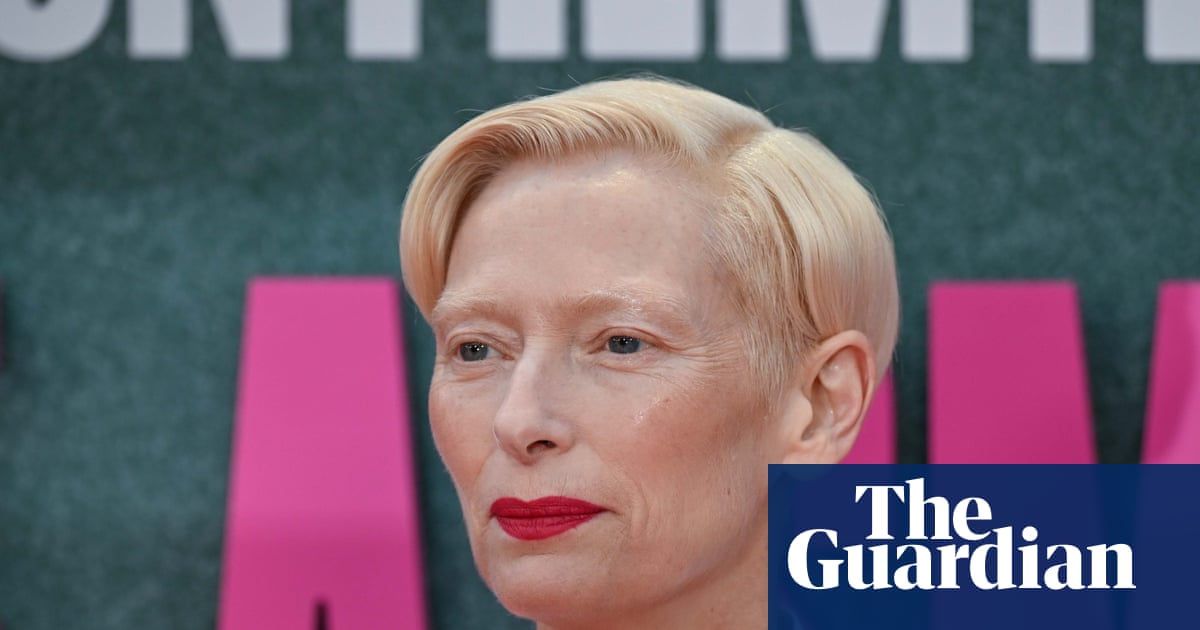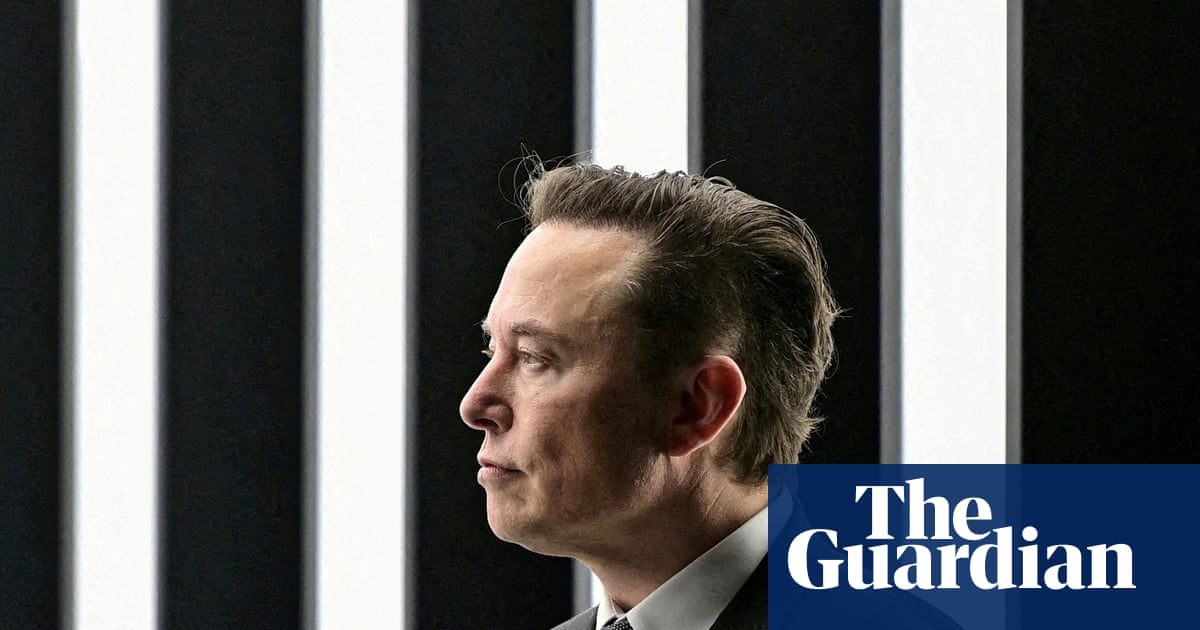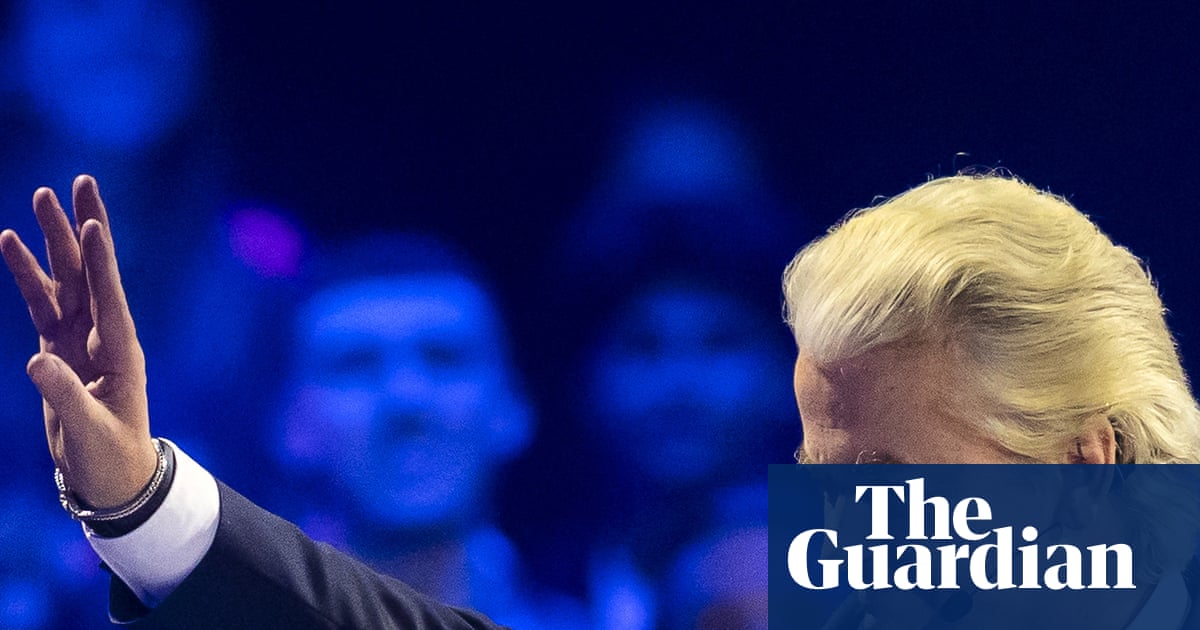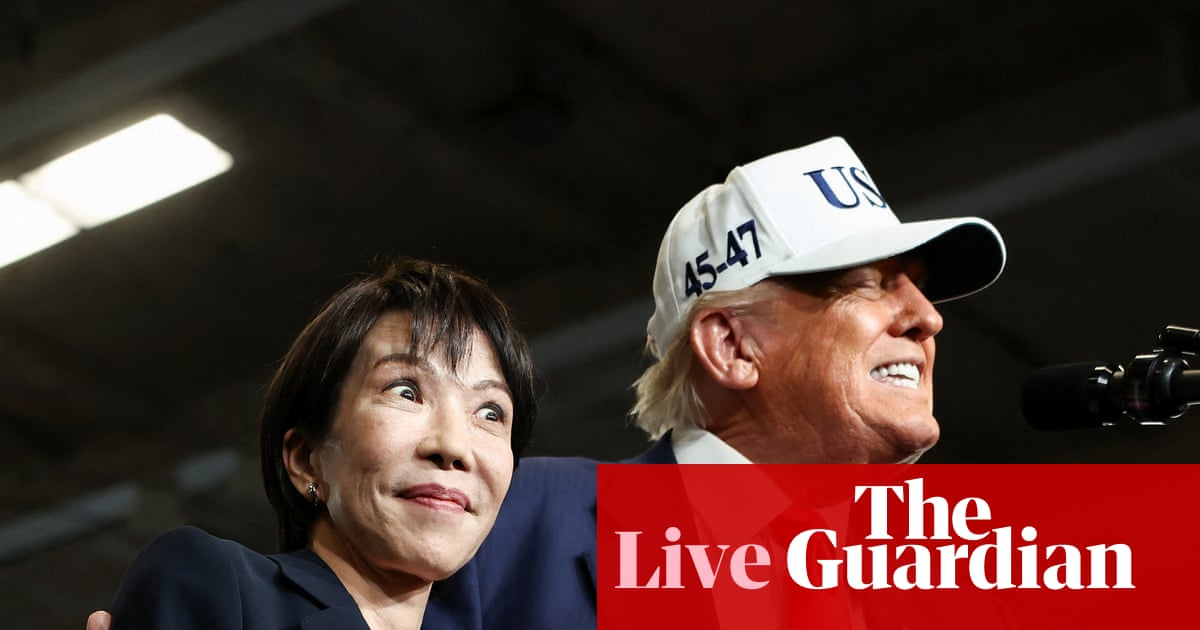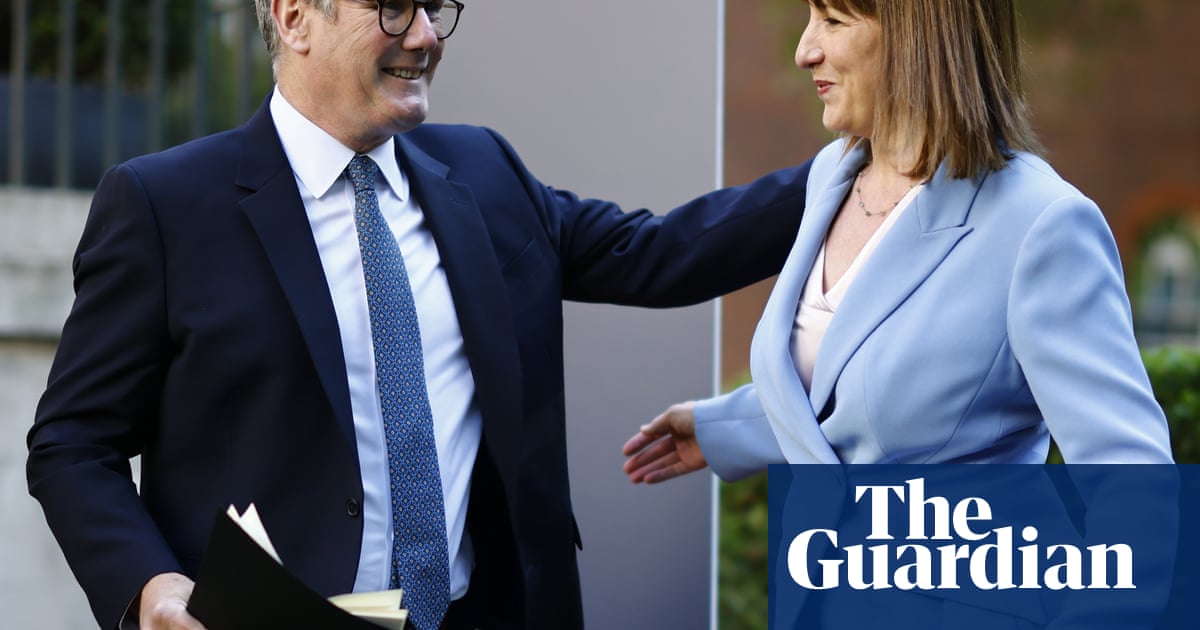All that can be said with certainty about the future of the Club World Cup is that it is not going away. The 24-carat gold Tiffany trophy presented to Reece James by Donald Trump in New York, in one of the most surreal scenes seen in a sports stadium, will be up for grabs again in four years. The event could well be bigger, Fifa intends it to be better and the presentation will surely not be as brash.
Gianni Infantino was widely criticised for imposing the Club World Cup on an indifferent sporting public, against a backdrop of hostility from players’ unions and domestic leagues, but his belief that top clubs would back his vision has been vindicated, albeit largely because of the $1bn prize fund. With Chelsea banking £85m for winning seven matches, others are keen for a slice of the pie.
The Guardian reported last month that Fifa is considering expanding the competition to 48 teams in 2029, and it is facing calls from some clubs to stage it more frequently. During talks involving Fifa, the clubs and the confederations in Miami during the tournament, it is understood Real Madrid raised the prospect of holding the tournament every two years in an echo of Arsène Wenger’s abortive campaign for a biennial World Cup.
Madrid have been the Club World Cup’s biggest success in commercial terms, their fans responsible for 25% of ticket sales. The club need to service a €1.2bn loan taken out to fund the redevelopment of the Bernabéu and are determined to cash in on their global appeal.
Fifa has no plans to accede to Madrid’s wishes, because even Infantino accepts that would be overkill, but discussions over expanding to 48 teams in 2029 remain very much on the table. Infantino, in a rare public appearance at which he took questions on Saturday, at Fifa’s new office at Trump Tower, name-checked Arsenal, Liverpool, Manchester United, Tottenham Hotspur, Barcelona, Napoli and Milan as clubs he would love to have involved in the 2029 tournament. Clubs from the old world still bring in the biggest cheques in the new.
Sunday’s defeated finalists, Paris Saint-Germain, are the only European club to have qualified for 2029, by winning this year’s Champions League. As it stands Chelsea will have to earn the right to defend their title through European performances, although that could change.

Fifa officials have privately conceded that the qualification process is up in the air, as is the venue. As revealed by the Guardian, Qatar staked its claim to bid in meetings in Miami last month, but there is a sense that Fifa would prefer a joint production from the 2030 World Cup hosts, Morocco, Spain and Portugal. Morocco and Spain, though, want to host the competition alone and Portugal has expressed no interest.
The broadcaster could stay the same, with Fifa indebted to Dazn for bankrolling the tournament with a $1bn global deal, funded by the purchase of 10% of the company by Saudi Arabia’s SURJ Sports Investment. Infantino praised “a one-of-a-kind revolutionary contract with Dazn” on Saturday, and the streaming company is happy with the results of its biggest venture yet.
Viewing figures have yet to be made public, but Dazn insiders say they are delighted with the engagement and that it brought more than 2bn views, with about 5% of viewers signing up to its premium service. The ratings have been particularly high in Brazil on the back of Fluminense reaching the semi-finals and Palmeiras the last eight, with more than 180m views. Chelsea’s first game against Los Angeles brought 8m log-ons to the Dazn app, with the global audience reaching about 25m when sub-licence deals such as Channel 5 in the UK are included.
after newsletter promotion
Infantino said the Club World Cup had generated revenues of $2.1bn, an average of $33m a match, with total ticket sales of 2.5m and an average crowds of 40,000. Staging most games in huge NFL stadiums led to some ugly optics of sparsely attended games, particularly at the early kick-offs designed to appeal to a European television audience, but Fifa believes the show of ambition was worth it.
Concerns over player welfare remain unresolved amid a legal complaint from the global players’ union, Fifpro. Bayern Munich’s Jamal Musiala was the only player to sustain a serious injury but complaints about the extreme heat and playing conditions were numerous, and the real impact of the Club World Cup on the combatants will be known only during the months ahead.
By that point Infantino will have moved on to plotting the next Club World Cup in pursuit of Fifa domination.

 3 months ago
44
3 months ago
44

